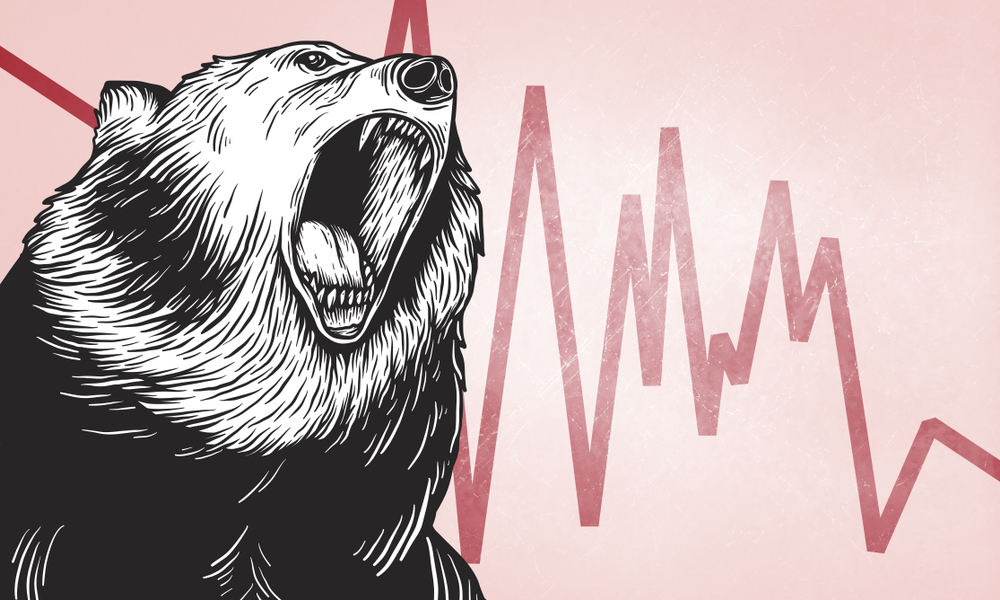I’ve been an equity investor for almost 40 years now.
And if there’s one thing I know, it’s that owning stocks in a bear market is never an enjoyable experience.
And neither is buying them.
Yet that’s been the smart thing to do during every bear market in your lifetime.
That’s true even if you’re a great-grandparent.
If you doubt it, take a deep dive into Jeremy Siegel’s investment classic Stocks for the Long Run.
When the book first came out in 1994, it caused a sensation.
Not because Siegel provided overwhelming evidence that a diversified portfolio of U.S. stocks has always delivered the highest long-term returns.
No other asset class – not bonds, bills, real estate or precious metals – generated returns that are even close.
However, this was already common knowledge among students of the market.
The real bombshell was the following statement, based on a thorough examination of two centuries of financial data…
Although stocks are certainly riskier than bonds in the short run, over the long run the returns on stocks are so stable that stocks are actually safer than either government bonds or Treasury bills.
Stocks are safer than T-bills?
To most investors, that sounds like lunacy. (And perhaps especially during a ferocious bear market like we’ve had in 2022.)
Yet for long-term investors it’s been the case since Wall Street was a place where traders in powdered wigs swapped stock certificates under a sycamore tree.
Gold is not your best inflation hedge. And neither are bonds or bills. Stocks are.
Here’s why…
When you own a share of stock you own a fractional interest in a business.
And when you own a portfolio of stocks you own a broad selection of businesses in different industries.
As the net income of those businesses grows over time, so does the value of your portfolio.
Yes, there will be bumps along the way. (Something investors forget during extended bull markets.)
But history is clear. Market downturns are buying opportunities.
Not immediately, but eventually.
Every. Single. Time.
So why are so many investors reluctant to step up to the plate?
They will say that it is about the political environment… or the economic environment… or the inflationary environment… or the market environment.
But these are generally rationalizations for something far more basic: fear.
That’s only natural, of course. After all, this is real money that we’re talking about.
But there are plenty of folks out there that profit from playing on that fear.
The first group is the mainstream media.
They give full coverage to the bad news and short shrift to the good news.
This year, for instance, you’ve heard countless stories about the snarled supply chain, the lingering pandemic, the highest inflation in 40 years, the biggest interest rate increases in over 30 years, lockdowns in China and the war in Ukraine.
Those events are newsworthy, of course. But they aren’t the whole story.
There is good business news out there too.
The job market is strong. Wages are up. Monthly payrolls have grown an average of 438,000 from January through August. (That’s nearly three times their 2019 pre-pandemic pace.)
Oil and gas prices are down. (Indeed, oil is 33% cheaper today than it was at the peak seven months ago.)
Consumer spending is still growing, despite higher interest rates. And the strong dollar gives Americans more purchasing power for imported goods, trips overseas and foreign assets, including stocks and real estate.
Moreover, well-managed businesses are cutting costs, paying down debt, buying back shares and doing everything possible to tighten the ship in anticipation of a tougher economic period.
When sales turn up again, earnings will take off. So will profit margins.
And so will share prices.
But that’s not news. At least not yet.
By the time it is news, stocks will be considerably higher.
A second group that isn’t helpful during market downturns is the “permabears,” the perpetual doomsters who expect the economy to tank, the dollar to implode and the market to crash.
They say this every year, of course.
But their nattering takes on a special resonance when stocks have a serious downturn.
Feel free to call their bluff. Ask them, “When was the last time you were bullish?”
The answer can be summed up in a single word: Never.
These folks aren’t giving you a reasoned market forecast based on the latest economic developments.
They’re delivering a worldview that has changed over the last few decades about as much as the constellation Orion.
Don’t fall for it.
History shows that a bear market is an opportunity to buy high-quality assets while they’re still inexpensive.
Wise investors will use it as one.
Good investing,
Alex
